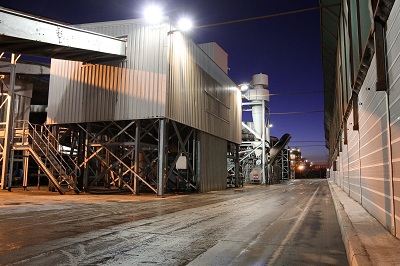On 17th November the Italian Presidency will convene the likely final Trialogue on the Commission’s proposal of November 2013 to reduce the consumption of lightweight plastic carrier bags.
We believe that the European Parliament’s amendments against oxo-biodegradable plastic to the Packaging Waste Directive have been orchestrated by lobbyists for the vegetable-based plastics industry , and in particular a large Italian company with close links to the Italian Government. They see oxo-biodegradable plastic as a serious competitor for market-share. The OPA support of other Member-states to oppose these amendments.

It is no surprise that four of the six members of the EP delegation for the Trialogue are Italians. It is also no surprise that the Italian Presidency are going as far as they properly can as President of the Council, and possibly further, to promote these amendments in the commercial interests of that Italian company. The Council will not accept a ban on oxo-biodegradable plastics, so the Italian Presidency has put forward the following “compromise” Recital:
Their Proposed Recital (6c) is as follows:
“Some plastic carrier bags are marked as “oxo-biodegradable” or”oxo-degradable” by their manufacturers. In such plastic bags, additives, typically metal salts, are incorporated into conventional plastics to induce oxidation. As a result of the oxidation of those additives, the plastic fragments into small particles. It can thus be misleading to refer to such plastic bags as “biodegradable” or “degradable” as these may not be a solution to littering and may, on the contrary, increase pollution. The Commission is invited to examine the impact of the use of oxo- biodegradable plastic bags on the environment and shall present a report to the European Parliament and the Council. including, if appropriate, an elaboration of measures to limit their use or reduce any harmful impacts.”
The words which we have deleted from the Recital are not only factually incorrect and with no scientific basis (for example manufacturers do not describe their products as “oxo-degradable”; the additives themselves do not oxidise; and it is well established by peer-reviewed scientific work1








